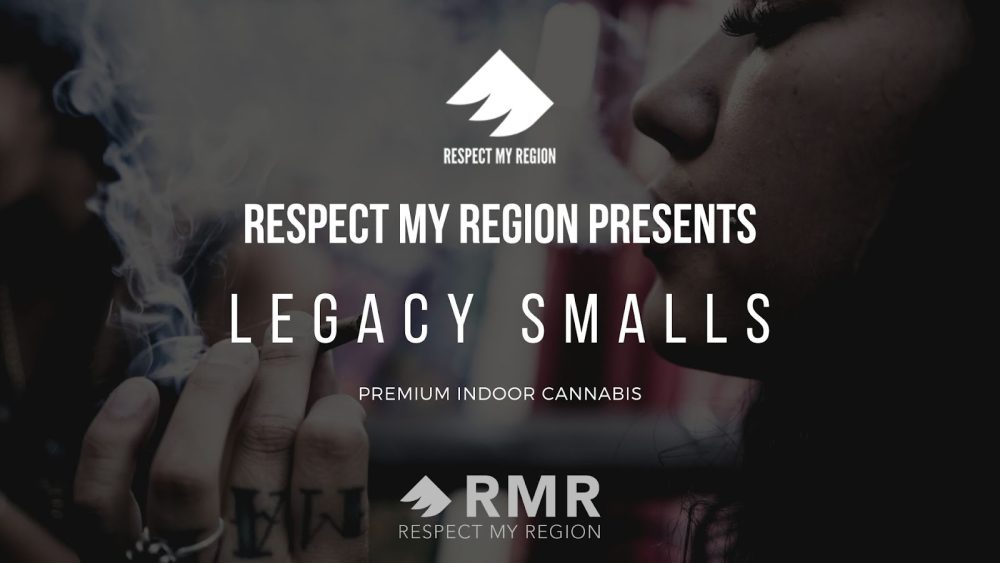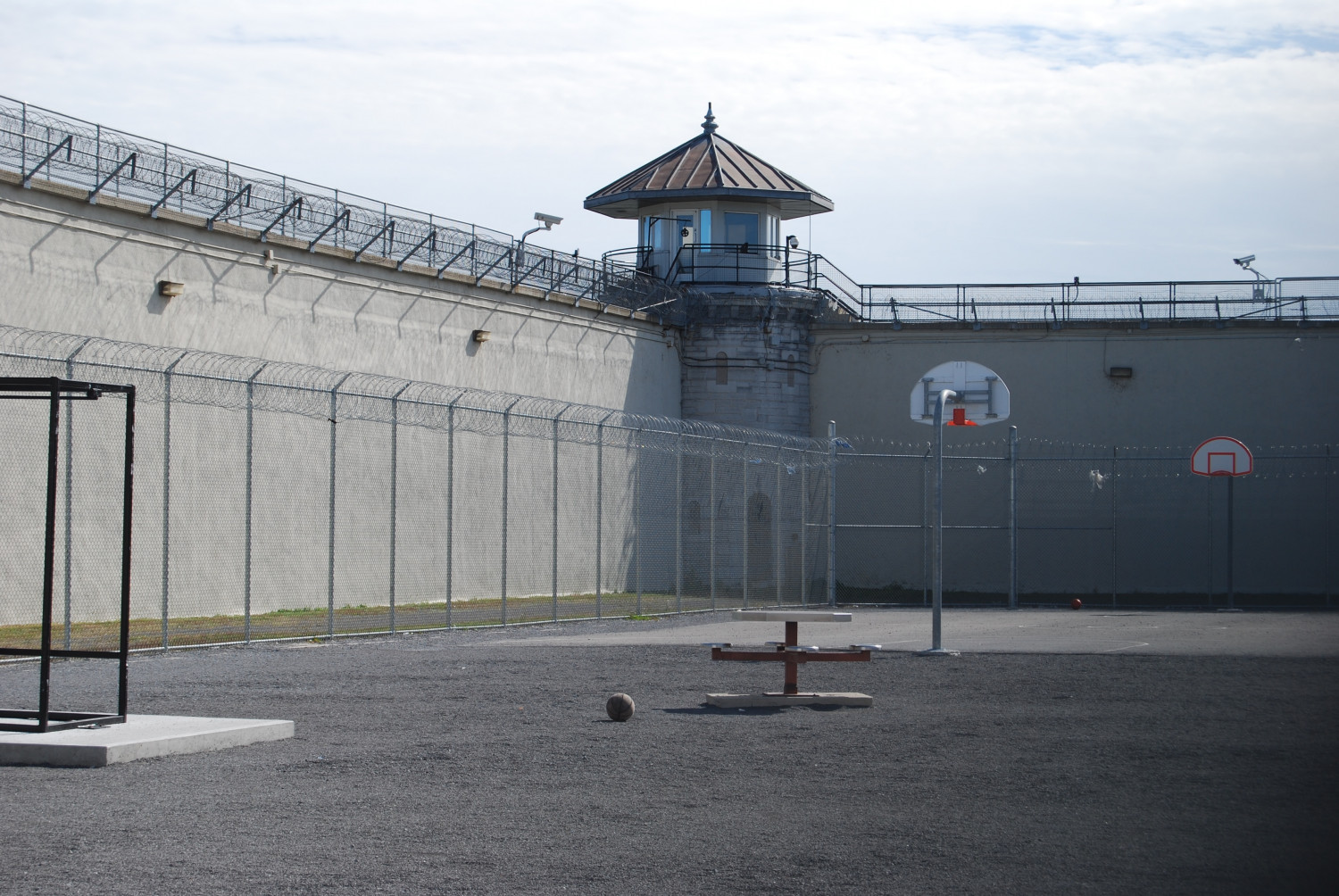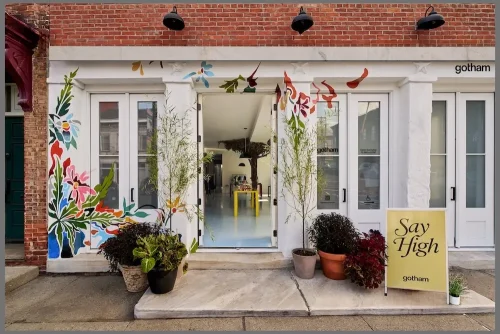The global perspective on cannabis has undergone a significant transformation over the last 5-10 years. Numerous countries and states have recognized the medicinal and recreational potential of marijuana, leading to widespread legalization and decriminalization efforts. Where Respect My Region is from in Washington State for example, cannabis has been recreational legal for almost ten years with medical marijuana programs extending well beyond that decade mark too. Despite this progress, countless individuals remain incarcerated for non-violent weed crimes.
With so many lives impacted by the “War On Drugs” policies surrounding cannabis, it is important to my colleagues and I that we inform you of the reasons as to why nobody should be in prison for non-violent weed crimes.
Why Nobody Should Be In Prison For Non-Violent Weed Crimes
The war on drugs, particularly in relation to marijuana, has proven to be a colossal failure.
Despite billions of dollars spent, countless lives ruined, and generations lost, illicit drug markets continue to thrive under the watch of each state’s various government bureaus and agencies.
In Los Angeles, Portland, New York City, Houston, Atlanta, Oklahoma City, Chicago, and Seattle for example, illegal cannabis brands continue to operate in plain sight. Countless legal cannabis companies have been forced to shut down their operations and transition back into the illegal markets where they don’t have to pay 45% or more in taxes, and where customers are clearly still spending their money.
The enforcement of marijuana laws has disproportionately targeted black and brown communities, exacerbating existing social inequalities. Many of the individuals arrested for non-violent weed crimes are black and brown.
Studies consistently demonstrate that individuals from minority backgrounds are more likely to be arrested and convicted for cannabis offenses, despite similar usage rates compared to their white counterparts. This glaring racial disparity in the criminal justice system underscores the need for reform, as it perpetuates systemic injustices and reinforces social divisions.
Having cannabis remain federally illegal continues to put hard-working tax paying members of society at risk of incarceration. This also puts the revenue from taxable work income and their spends in the economy at risk.
40 Tons Brand CEO and Co-Founder, Loriel Alegrete, says “its not fair that only certain people get to operate within this industry while others are incarcerated in it.”
Cannabis has been increasingly recognized for its therapeutic properties, with numerous studies highlighting its potential in managing chronic pain, alleviating symptoms associated with certain medical conditions, and reducing the side effects of chemotherapy which is undoubtedly the most common form of treatment for various types of cancer.
By incarcerating individuals for using or possessing marijuana, we deny them access to a potentially effective remedy. The criminalization of marijuana by the United States government contradicts the growing body of scientific evidence supporting its benefits from numerous universities across our country.
Why should people be put in jail, or prison, for non-violent weed crimes?
Why is having cannabis, or consuming it, still considered a crime at all?
Imprisoning individuals for non-violent marijuana offenses exacts a significant economic toll on society. Taxpayer money is diverted toward the prosecution, incarceration, and supervision of individuals involved in cannabis-related crimes, many of which are non-violent. This financial burden could be better allocated to education, healthcare, and social programs that contribute to the well-being of communities.
Incarceration, although definitely appropriate for criminals under many circumstances, disrupts families, hinders employment opportunities, and perpetuates a cycle of poverty, ultimately weakening the fabric of society. There are simply better ways to manage cannabis related crimes and activities.
Several countries and states have taken progressive steps toward marijuana legalization, demonstrating positive outcomes and dispelling fears associated with its decriminalization. Uruguay, Canada, and several U.S. states have successfully implemented regulatory frameworks for marijuana production, sale, and consumption. These examples offer valuable insights into the benefits of legalization, such as increased tax revenue, reduced strain on law enforcement, and the creation of a legal market that prioritizes public safety.
Rather than imprisoning individuals for non-violent marijuana offenses, alternative approaches can be implemented. These include diversion programs, drug courts, and community-based rehabilitation initiatives that focus on education, counseling, and support rather than punishment.
Such approaches address the root causes of drug use, provide individuals with the necessary tools for recovery, and promote reintegration into society. By shifting the focus from punishment to rehabilitation, we can break the cycle of incarceration and create a more compassionate and effective justice system.
Legalizing and regulating marijuana allows for quality control, age restrictions, and responsible use guidelines. Instead of leaving the market in the hands of various types of criminal and mom-and-pop enterprises, legalization enables oversight, product safety, and consumer protection.
You have to realize that people buy cannabis everywhere, and currently every state that doesn’t offer a legal system forces people with cancer, or irritable bowel syndrome, or elderly people with chronic pain, to purchase untested and potentially unsafe cannabis just to feel some version of normal.
I can attest to living in Texas and being sick every single day with chronic kidney stones, chrohns disease and irritable bowel syndrome, and being forced to decide if I was going to break the law just to feel better. I still can’t believe all I could buy was “Mexican brick weed” to alleviate my symptoms, and that was all that was readily available. Definitely not safe, or ideal for anyone involved.
Education campaigns can be developed to promote responsible cannabis use and mitigate potential risks. Our industry supports the legacy operators, the former “drug dealers”, the people who served us our medicine for so many years, but at the same time, we do not want people buying cannabis from untested, unlicensed, or unsafe suppiers.
The taxation of legal marijuana sales generates revenue that can be invested in public health initiatives, drug education, and community development. It can be used to help bring legacy operators and people who were impacted by the war on drugs into this industry to do what they originally set out to do, operate a business.
The time has come for a fundamental reevaluation of our approach to cannabis.
The continued imprisonment of individuals for non-violent weed offenses is a misguided and unjust practice, and especially more now that we have legal cannabis in so many states and countries.
Current drug policies have failed to address the societal and health-related challenges associated with cannabisuse, while exacerbating racial disparities and draining valuable resources. By embracing alternative approaches such as legalization, regulation, and diversion programs, we can foster a more equitable, compassionate, and evidence-based justice system.
It is time to end the imprisonment of individuals for weed and embark on a path that prioritizes justice, public health, and social progress.
RAPPER WEED: WHICH RAPPERS HAVE CANNABIS PRODUCTS IN THE MARKET?
10 UNDERRATED FEMALE RAPPERS YOU SHOULD LISTEN TO RIGHT NOW
9 RAPPERS FROM DETROIT YOU NEED TO KNOW THIS YEAR








